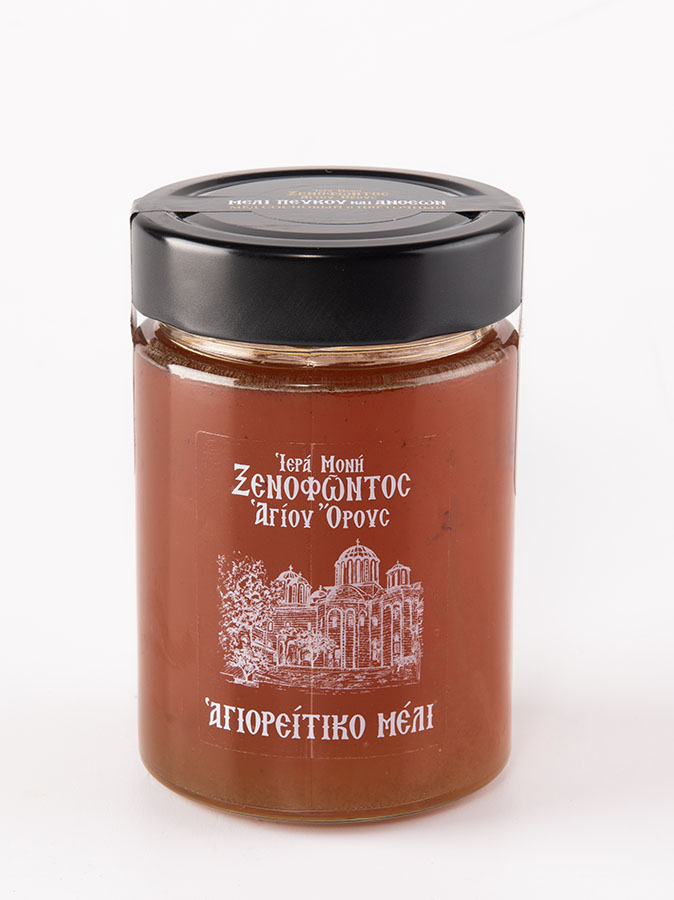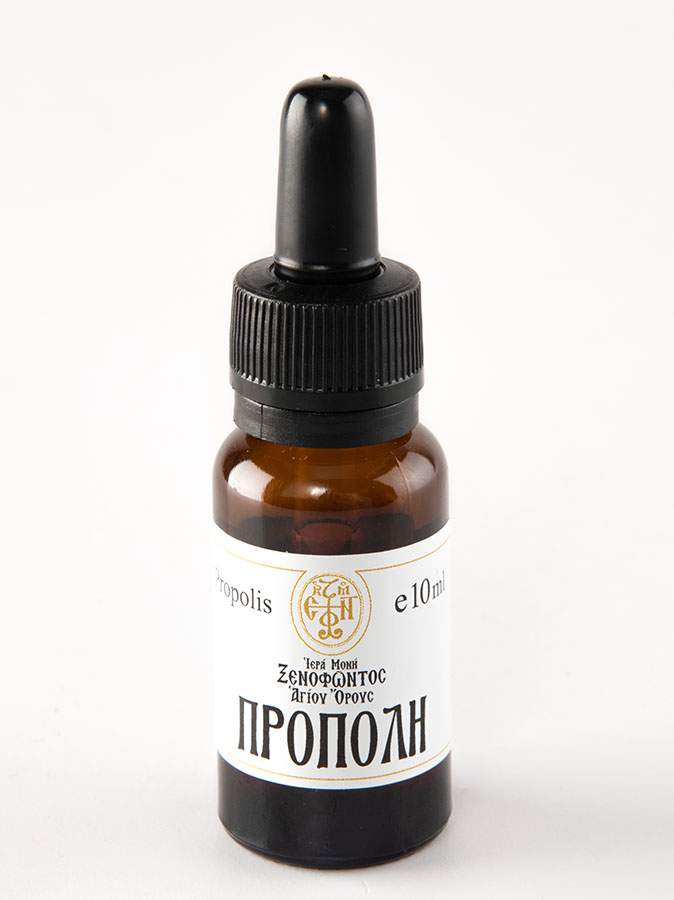
Pine and Flower Honey 750gr
09/10/2020
Pine and Flower Honey 450gr
11/10/2020A gift from God in the service of man.
Propolis alcoholic solution 20% ± 3.
Propolis is a resinous adhesive substance collected by bees from various plants. They enrich it with wax, pollen, enzymes, and other substances, and use it to seal and disinfect the interior of their hive.
The name “propolis” comes from the fact that bees place it at the entrance of the hive (the name in Greek means “before the city”) to narrow it and prevent the entry of various enemies, such as mice, large butterflies, etc.
Chemical composition:
Propolis contains resin (55%), wax (30%), essential oils (10%), pollen (5%). The rest of its components include aromatic substances, sugars, balsam, terpenes, aliphatic acids and their esters, flavones, inorganic substances, vitamins, trace elements, and other known and unknown components.
Natural properties:
The colour of propolis depends on its natural composition. It is usually brown-green, brown or dark brown. It is insoluble in water and soluble in alcohol, benzene, and caustic soda solution. It is soft, flexible, and sticky at temperatures above 25°C, while it becomes hard and brittle below 15°C.
Effects on the human body:
1. Propolis has bacteriostatic and bactericidal properties. It is used for treatment of wounds to the respiratory organs, oral cavity, and other areas of the human body.
2. Propolis contains high concentrations of flavones and flavanols, which have the following effects on the human body:
a. They have an anti-inflammatory effect on joints, skin, and mucous tissues.
b. They protect vitamin C from oxidation (antioxidant action).
c. They have beneficial effects on capillaries.
d. They prolong adrenaline action, inhibiting the function of the O-methylotransferase.
e. They inhibit red blood cell aggregation.
f. They improve blood circulation in capillaries..
g. They have an antibacterial effect against both gram-positive and gram-negative bacteria.
h. They exhibit antiseptic activity.
3. A 50% alcoholic propolis extract is used for the treatment of chronic otitis media.
4. Propolis is used the treatment of chronic itching, local redness, pharyngitis, mycosis, and general otorhinolaryngological conditions.
5. It aids in treating rheumatoid arthritis and ankylosing spondylitis.
6. Propolis has positive results on the healing of vasomotor nerves that cause respiratory cell mucus secretion (sniffle).
7. Propolis is used for the treatment of ulcers and prostate problems.
8. Propolis is used in dentistry for the treatment of oral cavity problems (aphthae, etc.).
9. Propolis is used in cosmetics, in lotions, face creams, soaps, shampoos, and toothpaste. It is the main component of varnishes for violins.
Recommended daily dosage:
Internal use (drinkable): Used as a preventive measure to boost the immune system, 10 drops daily during the first week of each month. For problem treatment, the same amount is used 2-3 times a day, for as long as symptoms persist, always having consulted our personal doctor first.
External Use: Apply 1-2 drops locally and repeat the process 4-5 times a day.
For children, half the dosage is recommended.
The use of propolis by pregnant or breastfeeding women, as well as children under the age of 2, should be done in consultation with a doctor.
Store in a cool and shady place.
The information above does not constitute a medical prescription and, of course, does not replace a doctor (used in folk medicine). The dosage varies according to the condition and body weight of each person. A small portion of the population have an allergic reaction to propolis.
If you are consuming it for the first time, put 12 drops on your hand before bedtime. If no symptoms appear the next morning, consume freely. Be careful, it stains.
| Weight | 0,036 kg |
|---|






